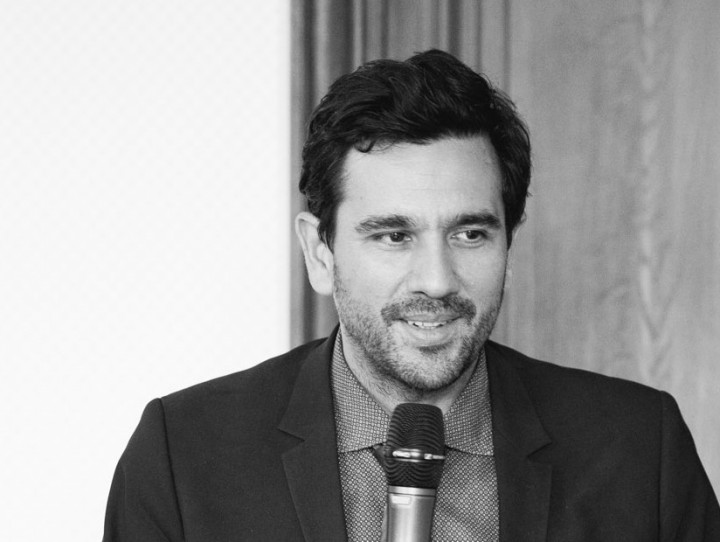This publication is an invitation to consider Big Tech regulation another way. The originality of the proposals lies in seeking options that bring the power of the public into play, not to make decisions for Big Tech, but rather to empower the many innovators and the people.
- ANALYSIS
The starting point is the unprecedented and persistent concentration of power on the Internet around a handful of companies which, from one pioneering innovation, have built apparently endlessly expanding empires. A core dynamic at work here are especially powerful “network effects”. They fuel a momentum of attraction and accumulation that procures such massive competitive advantages that the very mechanisms of the market’s “invisible hand” and “creative destruction” are being seriously threatened.
- STAKES
To unlock this stranglehold, the four avenues being proposed draw inspiration from existing regulation for governing infrastructures, particularly from telecoms where the network effects issue is well-known, and from the financial industry. The first to be subject to a regime of preventative, bespoke and adaptive obligations would be the Big Tech companies identified as having a special stature in the marketplace.
- SOLUTION
We have identified French and foreign subject-matters experts to write contributions in order to discuss the four proposals made by Sébastien Soriano.
1st proposal: TOUGHER ANTITRUST RULES FOR BIG TECHs
Barry Lynn, founder ot the American think-tank Open Markets Institute, takes an interest in the negative influence of Big Techs monopolies over democracy, and the existing capacities – such as dismantling – to act in the face of this situation.
2nd proposal: DEVICE NEUTRALITY
Stefano Quintarelli, former member of the Italian Chamber of Deputies, takes an educational approach explaining why the network neutrality concept should be broadened to device.
3rd proposal: DATA AS A COMMON GOOD
Judith Rochfeld, Professor of Private Law at the Sorbonne Law School (University Paris 1, Pantheon-Sorbonne), takes an interest in assumptions regarding data sharing and proposes two distinct approaches:
– Consider data as essential infrastructures
– Set up a neutral server managed by an independent third party
4th proposal: API-DRIVEN REGULATION
Mehdi Medjaoui, entrepreneur and founder of APIdays international conferences, proposes two solutions to leverage the power of Big Techs’ API:
– The concept of API neutrality
– The right to be represented by an individual API

